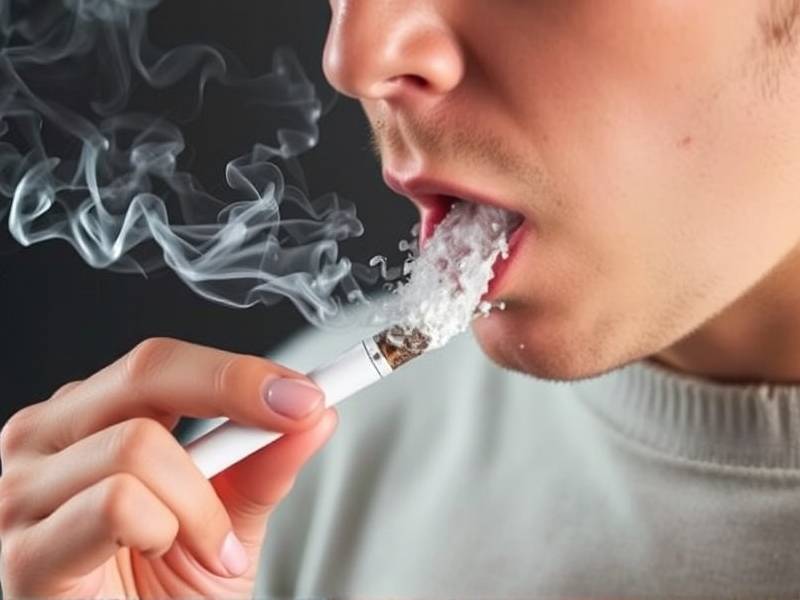Will I Cough Up Phlegm When I Quit Smoking?
Navigating the Phlegm Phase: What to Expect When You Quit Smoking
Introduction: Quitting smoking is a significant step towards a healthier lifestyle. However, it's natural to have concerns about the various symptoms you might experience during the process. One common question that arises is whether you'll cough up phlegm when you quit smoking. Let's delve into this topic and understand what you can expect.
What Causes Coughing Up Phlegm After Quitting Smoking?

-
Coughing as the Body Cleanses: When you quit smoking, your body starts to heal itself from the years of exposure to harmful chemicals in tobacco smoke. One of the ways it does this is by clearing out mucus and phlegm that have accumulated in your lungs.

-
Increased Mucus Production: As your body works to rid itself of toxins, it may produce more mucus than usual. This increase in mucus production can lead to coughing and phlegm as your body tries to expel it.
-
Smoker's Cough: The "smoker's cough" is a persistent cough that many smokers experience due to chronic bronchitis or chronic obstructive pulmonary disease (COPD). Quitting smoking can exacerbate this cough as your body begins to heal and clear out trapped mucus.
How Long Will It Last?
The duration of the coughing and phlegm production varies from person to person, but it typically subsides within a few weeks or months after quitting smoking. Some individuals may experience relief within a couple of weeks, while others may take several months for their bodies to fully recover.
Tips for Coping with Coughing and Phlegm:
-
Stay Hydrated: Drinking plenty of water can help thin out mucus, making it easier for you to cough up and expel.
-
Use Saltwater Gargle: A saltwater gargle can help soothe your throat and reduce inflammation, making it easier to manage coughing.
-
Practice Deep Breathing Exercises: Deep breathing exercises can help improve lung function and reduce symptoms associated with quitting smoking, including coughing and phlegm production.
-
Seek Professional Advice: If you experience severe symptoms or if they persist for an extended period, consult with a healthcare professional who can provide personalized advice and treatment options.
Conclusion:
Coughing up phlegm when quitting smoking is a common symptom that signifies your body's healing process. While it might be uncomfortable at times, understanding the reasons behind it can help you cope better during this transition period. Remember that quitting smoking is a significant step towards better health, and patience is key in overcoming these temporary challenges on your journey towards becoming smoke-free.
